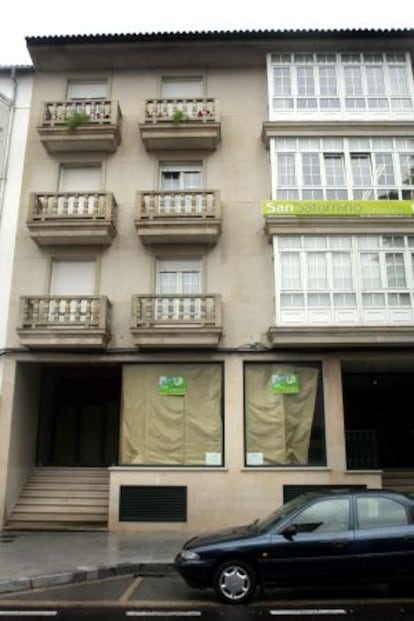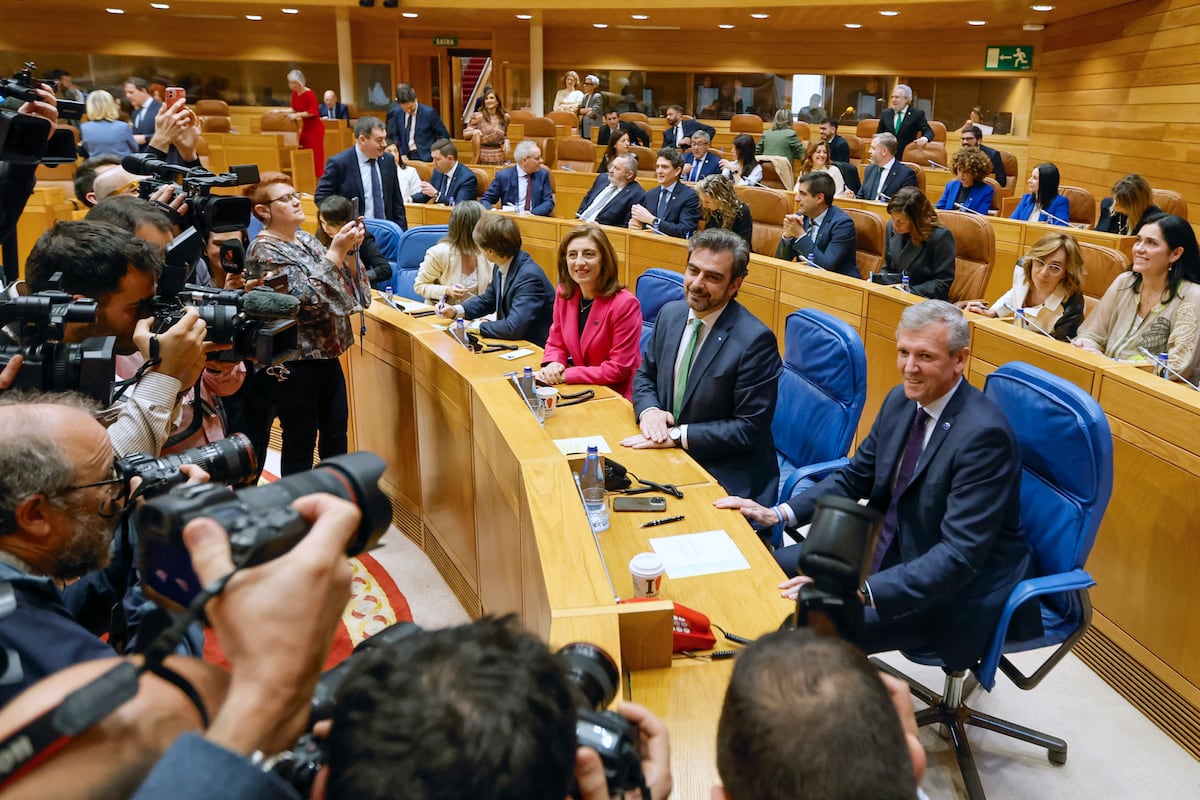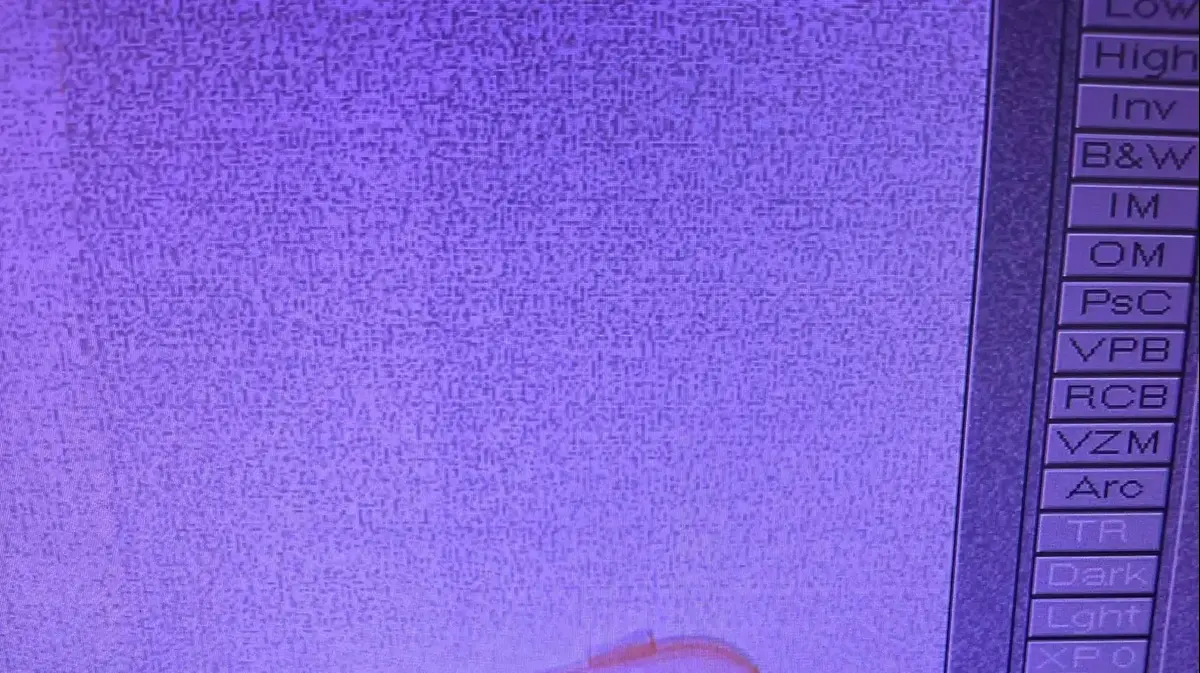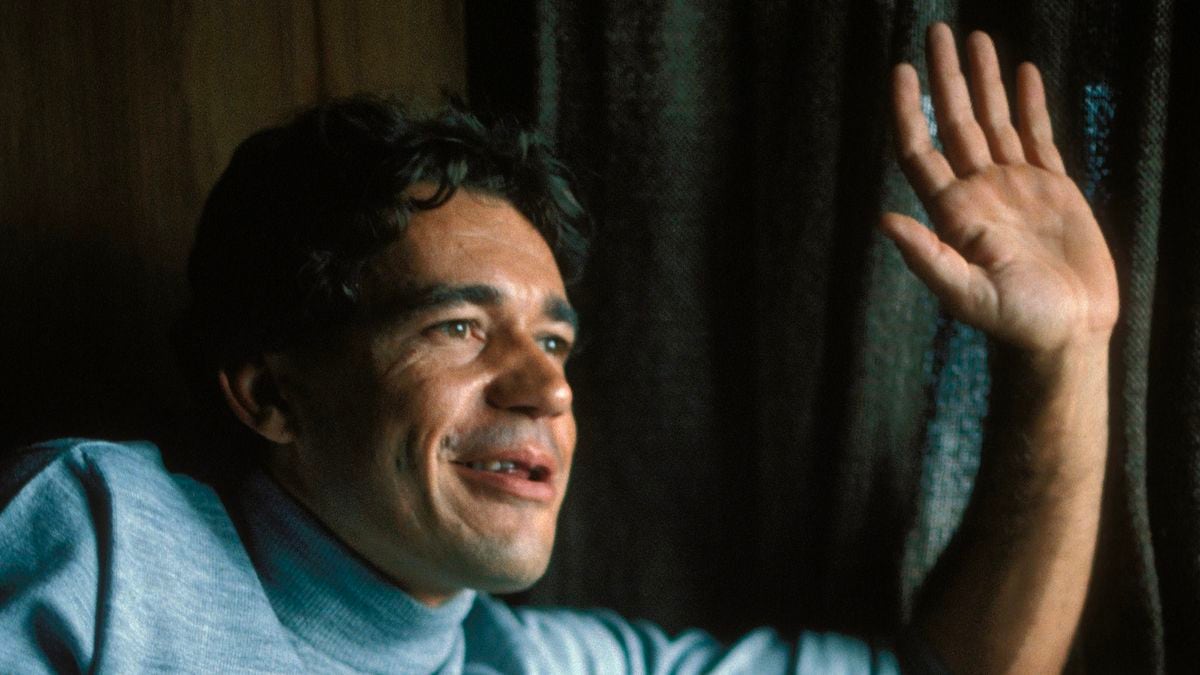"You have to know how to wait," one of the former smuggling bosses who made a fortune with American blonde cigarettes used to repeat like a catchphrase.
For him, patience was the key to successfully completing a discharge of millions of packs, but he lost it in 1997. The Customs Surveillance Service (SVA) won the game that year with the capture of what would be his last shipment, after years waiting for the cigar maker to make a mistake that cost him part of his fortune.
This is how the last historical smugglers fell until in 2005 the Pontevedra Court declared this business dismantled, which generated great fortunes, even more solid and perishable than drug trafficking. During more than two decades of ostentatious economic power, the Galician tobacco cartel created in Galicia a powerful financial and distribution center for the packs sent to Europe by the main American multinationals.
The Treasury has waited patiently to settle accounts with the old smugglers, a historical debt that between goods, companies and money exceeds 150 million euros. Some were caught in a vociferous tax crime, and others, those who ended up running the multimillion-dollar drug business, for money laundering. Capital flight has been another pillar of smugglers that has lasted over time. Switzerland has continued to be the main piggy bank for their profits, taking into account that, in addition to the profits from the illegal sale of tobacco, each year they received commissions of 100 million of the old pesetas from the multinationals.
The drug traffickers Sito Miñanco, Marcial Dorado, Manuel Charlín, Laureano Oubiña, or the former mayor José Ramón Barral, the only cigar maker for whom there is no indication that he made the leap to drugs, are some examples of the leaders who fell in the battle they fought. with the Customs Surveillance Service since the gliders were at ease full of packs. All of them thought that their fortunes raised with illegal tobacco were unattachable until Customs, now dependent on the Tax Agency, managed to intervene the old emblems. The economic blow has been of such caliber that, to avoid financial and, above all, family disaster, since it splashes on wives and children as part of the network, the bosses have alleged in court that the origin of their assets was the sale of packs that they always denied,although yes, adding that it was a completely legal activity.
Sito Miñanco, Nené Barral and Marcial Dorado.
/ Ó.
C. / MM / EFE
The sentence against Miñanco just handed down by the Supreme Court puts an end to a real estate business that was founded in 1987 to launder money, although the drug dealer tried to show that he had made a fortune with the sale of packs in Belgium, never in Galicia.
The ruling is paradigmatic when interpreting that Inmobiliaria San Saturnino (with all the possessions that were in its name) is an example of what the court calls a “chain of transformations” of black money.
The investigation of the Tax Agency that seemed to be at risk due to the prescription was endorsed.
"The continuity of the structure created to hide and transform the foundational criminal origin of the assets becomes the key to the laundering conduct," the Supreme Court stated.
Unlike Miñanco, who had luxurious residences outside Galicia, such as in Panama or Belgium, Marcial Dorado has had properties confiscated in Spain and money in tax havens worth more than 20 million euros. Dorado also tried to defend his emporium in court by admitting his past as a tobacco company, but only "as a legal tobacco importer when it was not a crime in Spain and as a proxy for a
Swiss investment
holding company
."
Convicted of drug trafficking and money laundering, Marcial Dorado is already on probation, but continues to fight in court to not lose his famous house in A Illa de Arousa, which he built when he ran his own smuggling network under the magnifying glass of Customs. The tangle of companies that he created for money laundering has delayed the execution of the sentence by appearing as shareholders two of his sons who were acquitted in the process.
The Charlines, with Manuel Charlín at the head as patriarch of the clan despite his advanced age, 88, still have accounts to settle with justice.
It will be the end of the escape for the historic family of drug traffickers since they managed to recover part of the assets that were not confiscated but seized by the National Court, bidding themselves in the auctions so as not to lose the seafood and canned food business that they they were left from the smuggling days.
Also at stake in this next trial is the confiscation of three million euros that the clan still had in Swiss accounts.
Inmobiliaria San Saturnino, in Cambados, investigated for its alleged link with Sito Miñanco and confiscated in the last conviction of the drug trafficker for money laundering.CARLOS PUGA
A former mayor on the Customs Surveillance delinquent list
In the seventies and eighties the foundations of immense fortunes were raised in the Arousa estuary, the main center of operations for smugglers.
Signs of wealth were displayed in villages and towns where the respected cigar makers built striking mansions for themselves.
An economic bubble that was inflated with unbridled real estate activity to launder money.
In this atmosphere of ostentation, José Ramón Barral,
Nené
, ruled his town, Ribadumia, for almost 20 years until in 2001 he left office and left the Popular Party when he was arrested for a cache of tobacco.
The proof of the crime that Customs was pursuing had arrived, but the case is still pending trial due to the evasions of Switzerland to collaborate.
Meanwhile, Barral, 83, has been convicted of a tax offense, a compliance agreement that avoided jail for him and his three daughters. But Customs Surveillance has not given up in its efforts to settle the accounts with Nené and when it seemed that her assets were already safe, the climax arrived. An investigation places him as the head of a network that imported tobacco from the United States and China, via Greece and the United Arab Emirates, to Barcelona, Valencia and Sines (Portugal).









